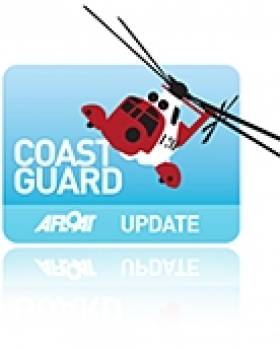Displaying items by tag: Bill McFayden
Bangor locals came face-to-face with officials from the UK's Maritime and Coastguard Agency (MCA) over the proposals to close Northern Ireland's only full-time sea rescue base.
The Belfast Telegraph reports that MCA bosses were loudly heckled when they tried to offer justifications for the closure of the Bangor station.
As previously reported on Afloat.ie, the UK's network of coastguard centres will be scaled back to just three 24-hour stations and a handful of daytime-only centres for the whole of Britain and Northern Ireland.
Supporters of the station said they felt let down at the “bad deal” and “shabby” proposals presented by the MCA and Shipping Minister Mike Penning, who added Bangor to the closures list at the last minute.
BBC News reports that more than 100 people attended the meeting in Bangor on Thursday evening, including members of the public, MLAs, councillors and MPs.
Bill McFadyen, the MCA's regional director for Scotland and Northern Ireland, admitted at the meeting that he was not handed a copy of the proposals until after they had been finalised.
He added: "Of course we will still maintain a high level of service here in NI as we move forward in whatever direction comes out of the consultation."
The Belfast Telegraph has more in the story HERE.
























































